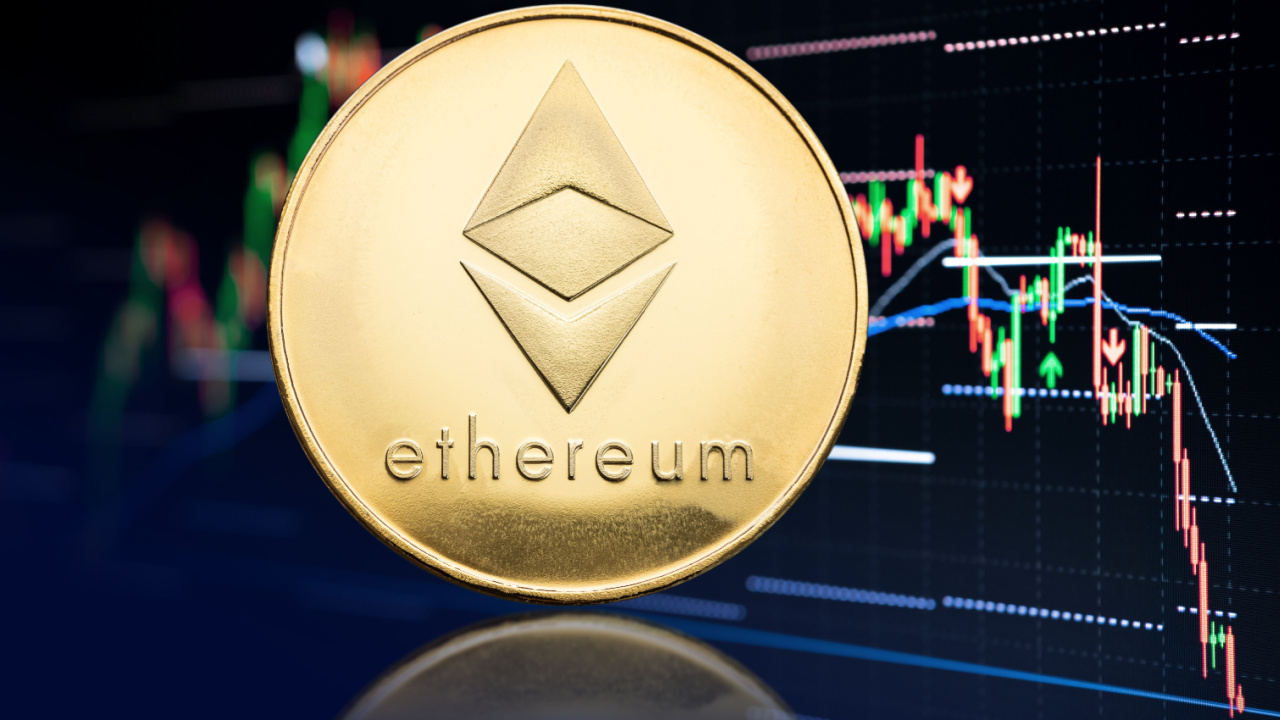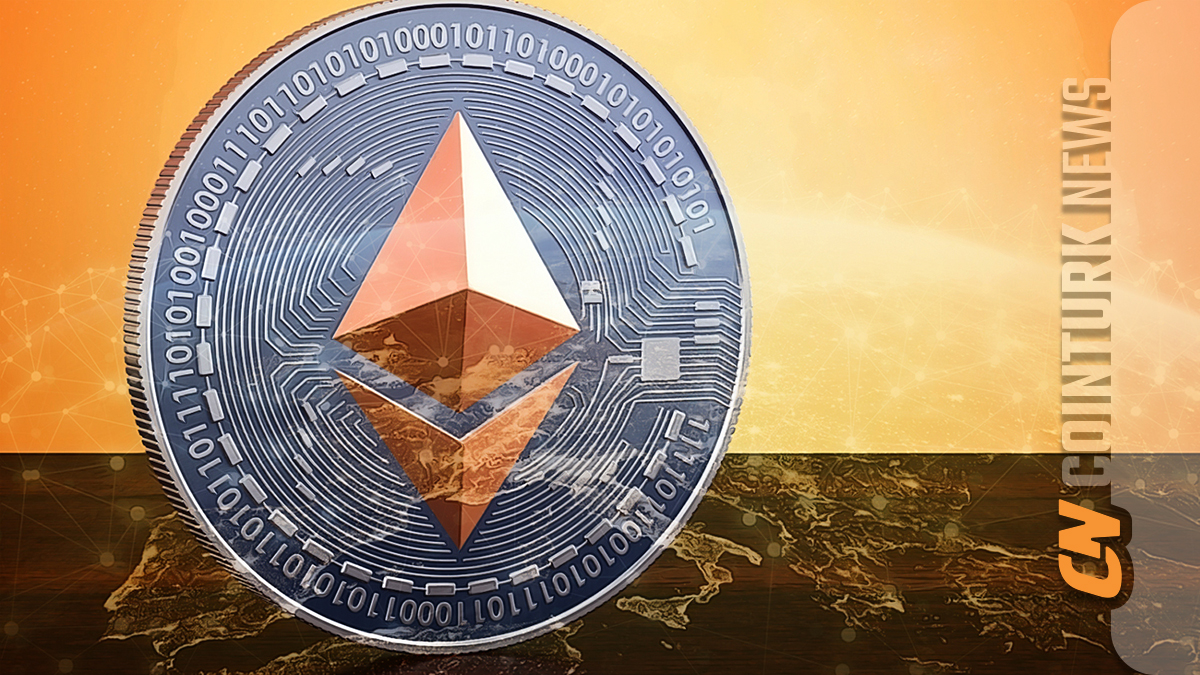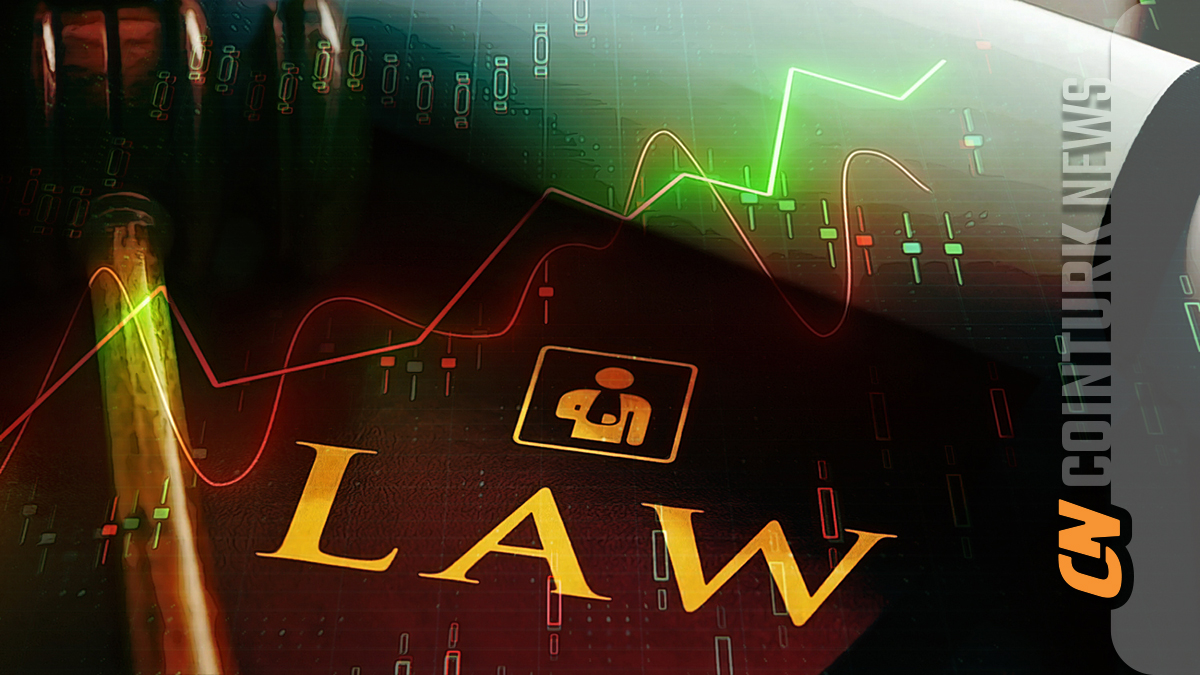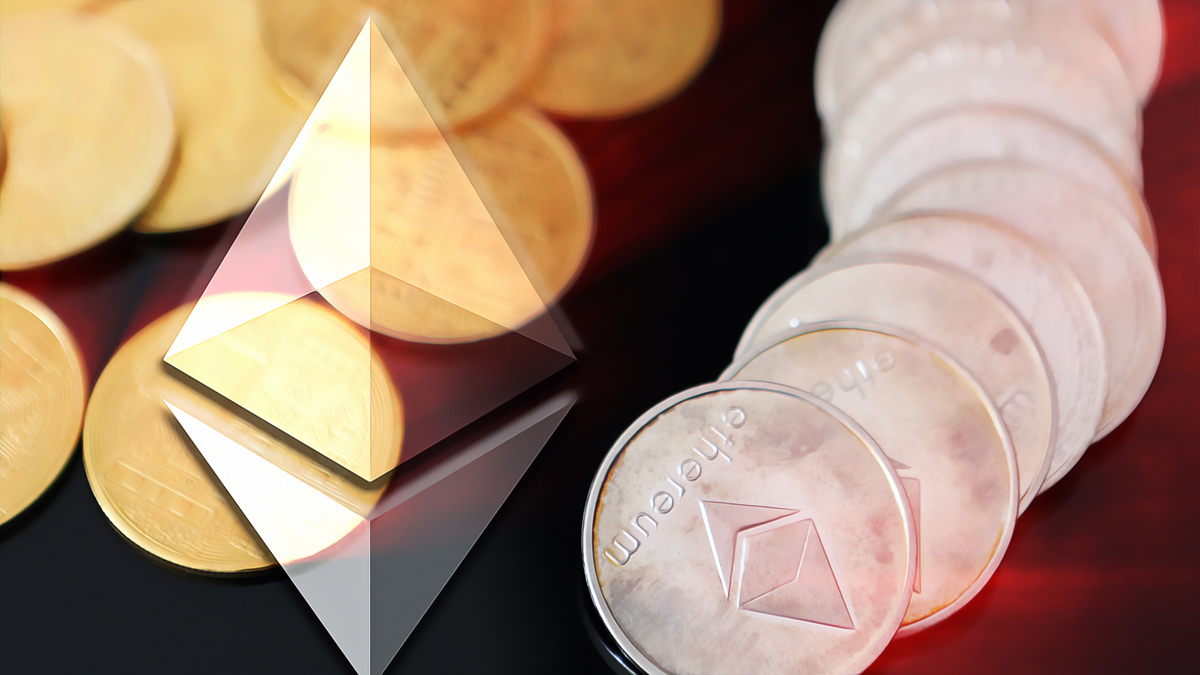Ethereum developers have confirmed that the Dencon update will not be implemented this year due to disagreements among developer clients regarding the consensus layer and execution layer. This delay in the development of the network could put further pressure on the price of ETH.
Issues with Consensus in the Ethereum Network
Last month, Ethereum developers launched the new Holešky testnet, lagging behind the program. Additionally, there was a general consensus that fully testing the update in December would be unlikely.

On October 26, it was observed that all core Ethereum developers reached a consensus with leading anonymous developer Potuz. Prior to this, Potuz had stated that implementing a mainnet fork in 2023 would not be possible. Potuz emphasized the persistent consensus issues that arose in the developer network established to test the update in the past few months, stating that the process was filled with problems.
Ethereum clients are divided into two main categories: execution layer clients and consensus layer clients. Unlike the consensus layer client teams, the execution layer client teams reported being well-prepared for upcoming testnets. Lightclient, a Geth developer, referred to the main digital workspace where the code, files, and revision history for the Go Ethereum project are stored, stating, “We are in a pretty good place, and there are many things in Master right now.”
This week, the launch of Devnet 10 took place, and it was planned for execution clients to undergo a wider test on the Goerli testnet. However, Potuz expressed concerns about this idea, saying, “I am definitely not comfortable with there being a complete client fork on Goerli. I still see that there are significant and deep changes being applied on that side.”
About the Dencon Update for Ethereum
The Dencon update, developed to ensure the security of the Ethereum scaling improvement called Proto-Danksharding, utilizes advanced cryptographic techniques. The KZG Ceremony involves multiple participants, each contributing to privacy and performing calculations to combine them with previous inputs. This process leads to the creation of a “structured reference string” (SRS), which is a critical component of the KZG Commitments cryptographic scheme, an integral part of Proto-Danksharding.
The ultimate outcome of this collaborative effort will be integrated into the Ethereum network. As long as at least one honest participant is involved in the KZG Ceremony, the entire setup remains secure. After months of contribution gathering, there are currently a total of 141,416 participants ensuring a high level of setup security. Meanwhile, the Ethereum scaling project Scroll is also progressing well and recently managed to accumulate TVL of more than 15 million dollars.

 Türkçe
Türkçe Español
Español









